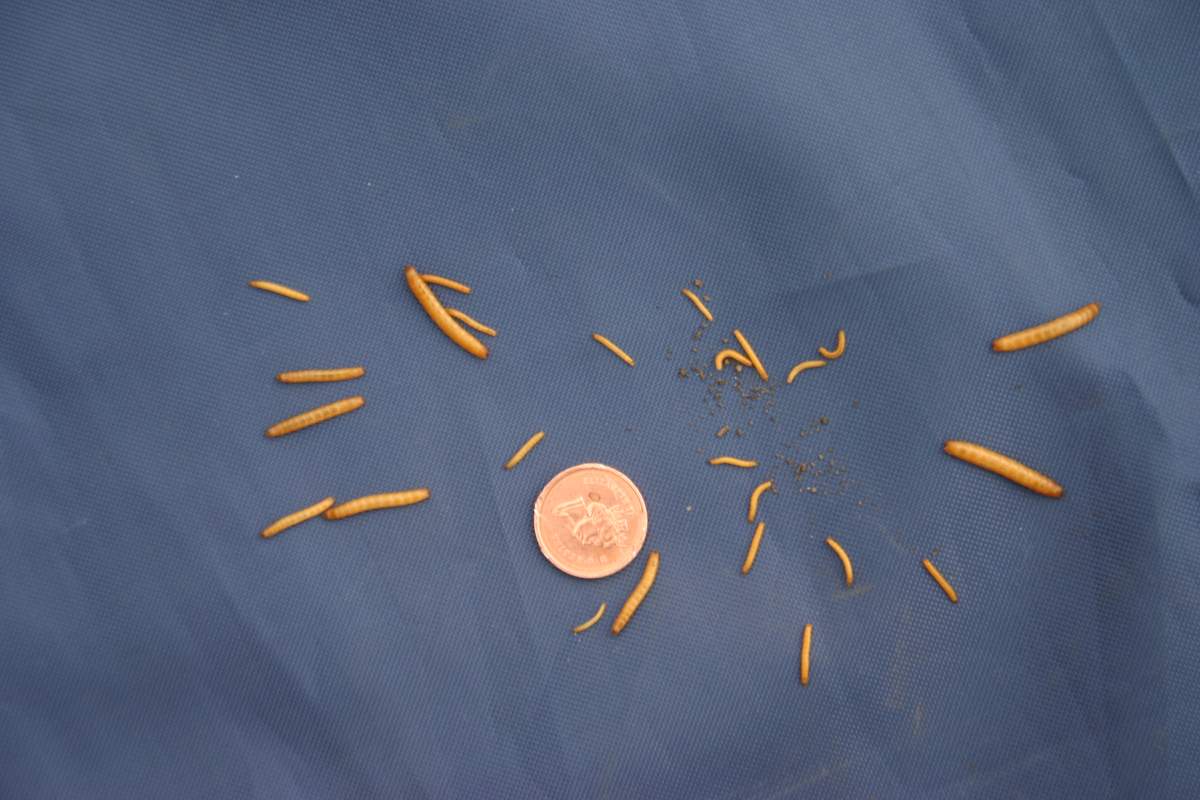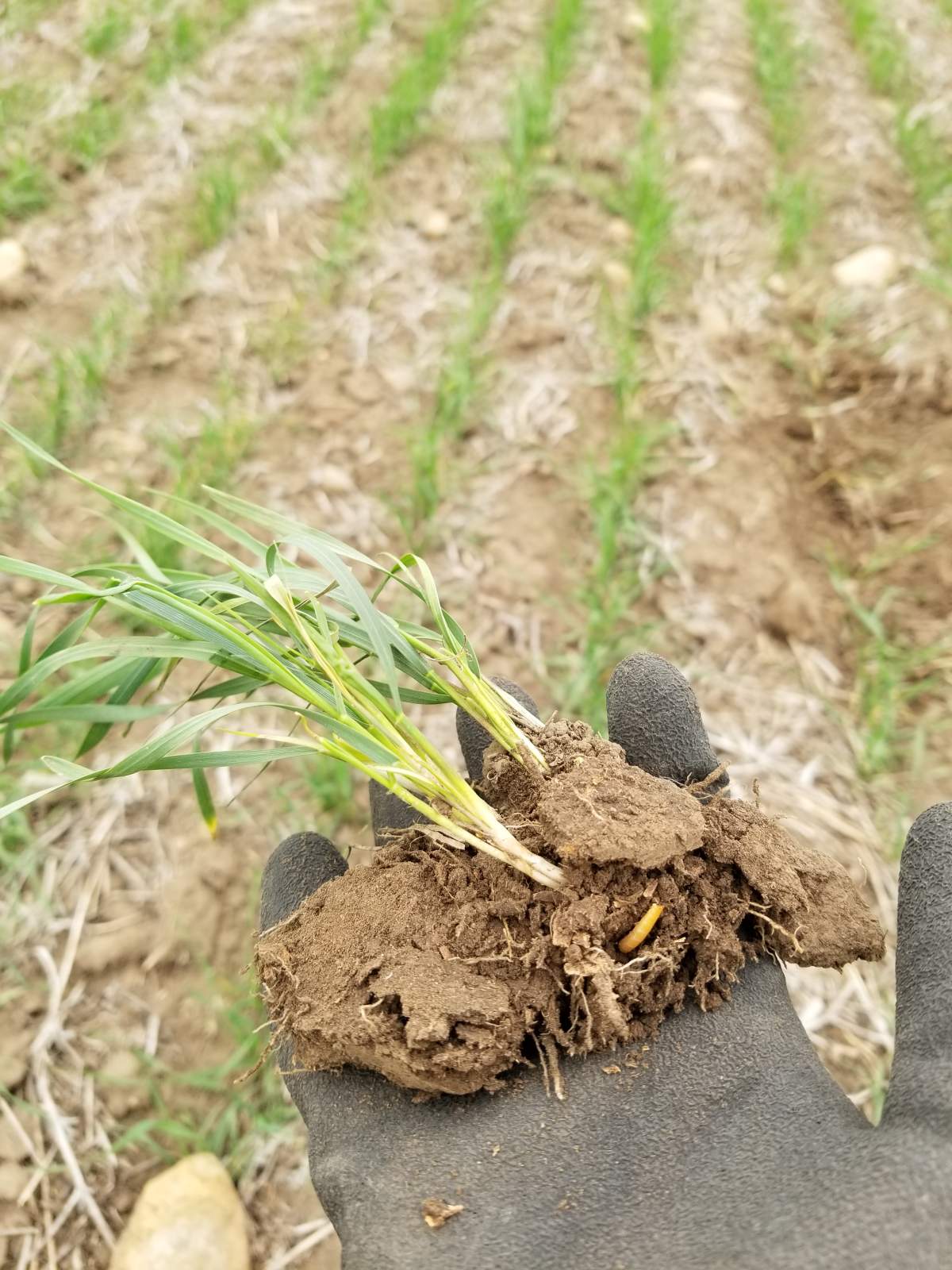Farmers in southern Alberta are gearing up for spring seeding and so are the pests that can hamper crop production.

Joe Ripley farms near Spring Coulee, Alta., and one insect in particular has been giving him grief.
“We started to notice some problems with one of our fields right close to Spring Coulee.
“We didn’t think much of it. We thought it could have been chemical, it could have been germination, it could have been soil fertility, it could be all these things.”
The actual culprit? Wireworms. They’re soil-dwelling insects that damage crops by feeding on the seeds, roots or lower stems of almost all field crops, especially cereal crops.
“It seems like just about every field we have any type of investigation we are finding some wireworm, and even in the last five to six years, I’ve noticed it grow exponentially,” Ripley said.
Haley Catton is a research scientist with Agriculture and Agri-Food Canada. She’s doing studies on wireworms to help farmers manage the pest, which has been around for at least 100 years.
She’s using drone imagery of wheat crops to help target problem areas.
“If we can do that and connect that to the insect actually causing the problem, then we can develop a way for farmers to quickly determine if they have a wireworm problem or not,” Catton said.

Get daily National news
Catton is focusing on dryland wheat and durum fields for her study, taking pictures in June and then soil samples for the insects the following spring.
“Because this is an underground insect, that makes it very complicated for farmers and they are so busy with all these other things, we are trying to find a way for them to do this in an easier way,” Catton said.
The damage from wireworms can be extensive and costly.
“The worst field that we have is roughly 100 acres and it’s maybe 10 per cent of the field. But in that 10 per cent of the field, we are seeing losses of 80 per cent,” explained Ripley.
The wireworm lives almost all of its life cycle underground until it matures into its adult beetle stage.
Catton said there are many helpful resources available to farmers who are dealing with a wireworm problem or think they might have one. Anyone looking for addition information or who may have an infestation within a one-and-a-half-hour radius of Lethbridge can connect with Catton for assistance.
There is also a field guide with information specific to wireworms here.





Comments
Want to discuss? Please read our Commenting Policy first.